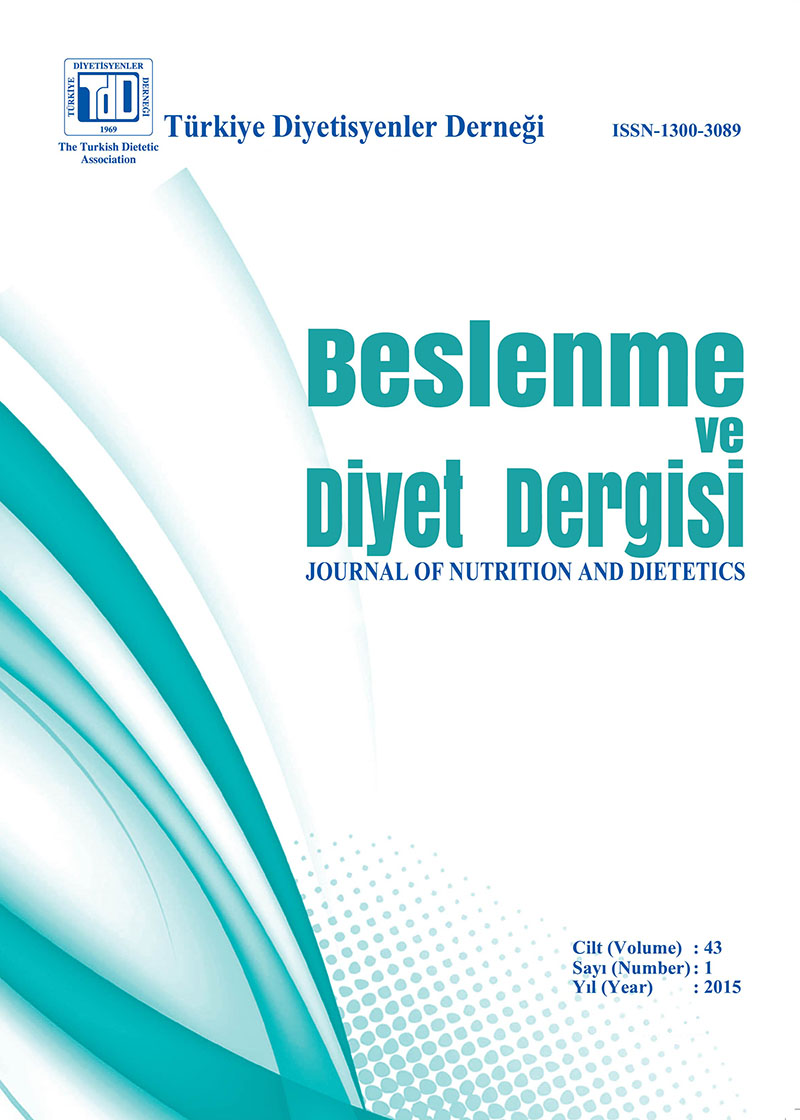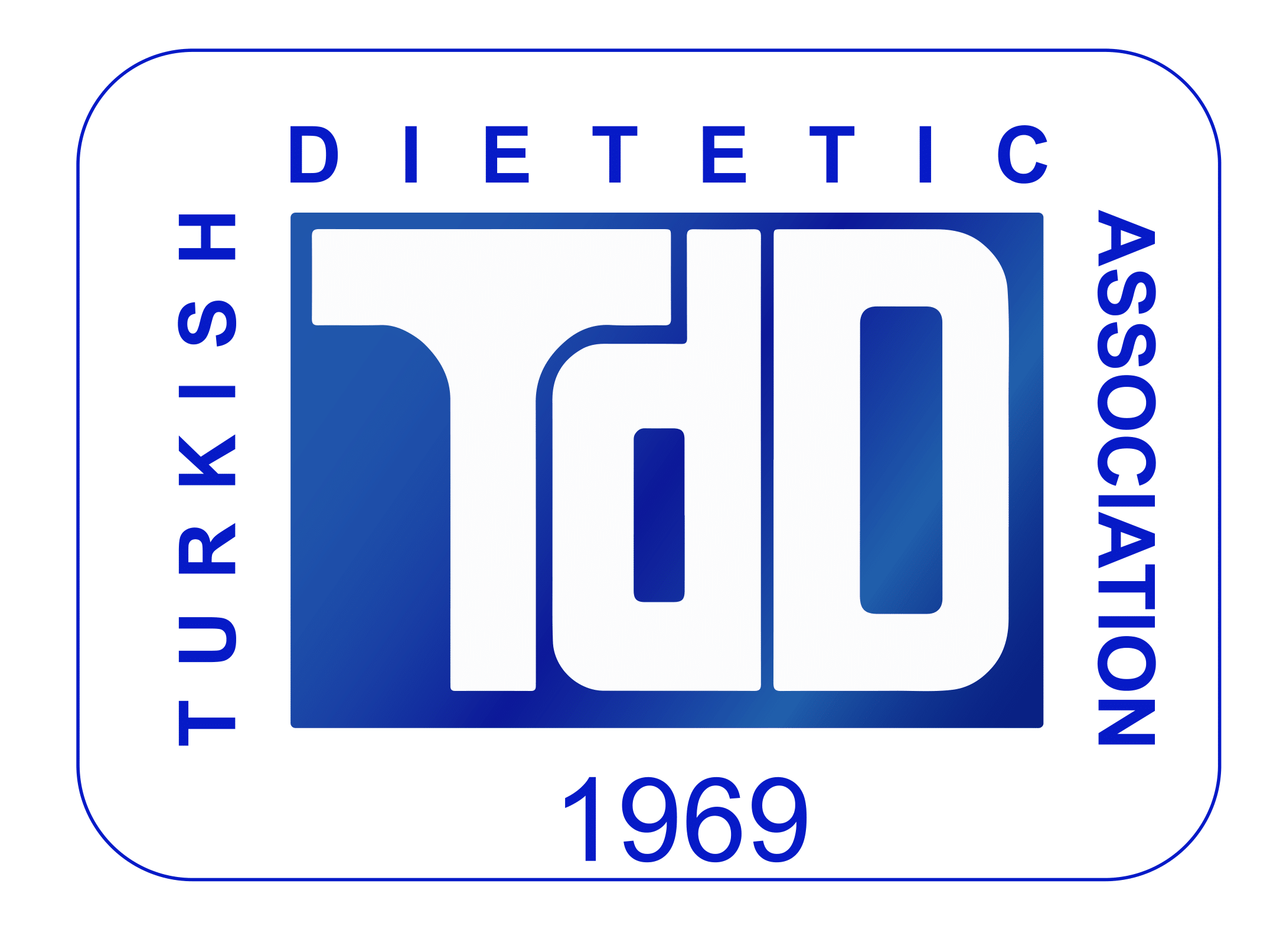Assessment of the Relationship Between Salt Taste Sensitivity Threshold, Anthropometric Measurements and Blood Pressure Values of Adults
Keywords:
Salt taste sensitivity threshold, cardiovascular heart diseases, blood pressureAbstract
Aim: This study has been planned and conducted in the purpose of defining whether there is a relationship between the amount of salt consumption, anthropometric measurements and blood pressure. Subjects and Methods: This research was conducted at Hacettepe University Health Sciences Faculty Nutrition and Dietetics Department at February 2015 with a group consisted of 90 people. Within the scope of this research, a questionnaire on general characteristics, a food frequency questionnaire and 24-hour recall food consumption questionnaire was carried out. In addition to these, blood pressures and salt taste sensitivity thresholds of people was measured. The salt taste sensitivity threshold was measured with 9 solutions with different sodium chloride concentrations. Results: The 52.2% and 47.8% of the subjects had normal and high salt taste sensitivity thresholds, respectively. There is a statistically significant relation between salt taste sensitivity threshold & neck circumference, and neck circumference & blood pressure. While neck circumference values of subjects increased, salt taste sensitivity threshold and blood pressure values were increasing (p<0.05). While there is a statistically significant relation between waist circumference, diastolic blood pressure, body mass index and salt taste sensitivity threshold values of men, (p<0.05), there is not statistically significant relation between these values of women (p>0.05). There is no significant relationship between salt taste sensitivity threshold and blood pressure values of subjects (p>0.05). Conclusion: The increasing amounts of salt consumption affect blood pressure via salt taste sensitivity threshold and this circumstance may increase cardiovascular heart disease risk in adults.

